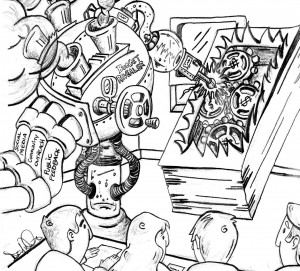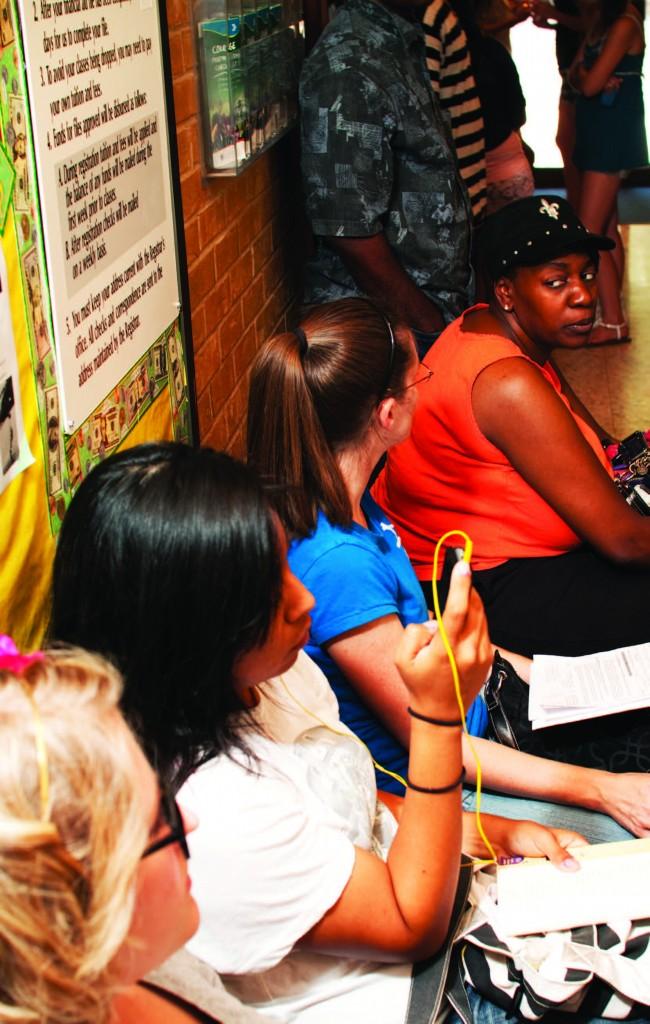
Taxpayers fund Tarrant County College.
This is understood.
Mostly.
The board of trustees has its heart in the right place when considering how to make TCC an affordable community college. But at the Aug. 19 board meeting, questions were raised about money.
Given the proposed budget a week before approving $365 million for the fiscal 2010-2011 year, board member O.K. Carter suggested more transparency and more time when it came to discussing the budget.
He proposed holding public hearings for the community to have questions answered, receive feedback and provide input.
With two new board members and a new chancellor, now is an opportunity to consider such issues. TCC can find no better way to work on understanding the community.
Developing the best solutions possible can come from gathering feedback and being proactive with the community itself.
An estimated one in every 19 Tarrant County residents takes a class at TCC each year. Chancellor Erma Johnson Hadley said one of the reasons for the approval of this budget was to accommodate the school’s growth, which rose 26 percent from 2006 to 2009.
The college should try that much, if not more, to reach out to its residents.
If a public hearing isn’t feasible, TCC has other ways to get feedback from taxpayers and others wanting to contribute their ideas. Social media has become popular among colleges, so perhaps that’s one way TCC could reach out more.
Sending feedback questionnaires or surveys or cards to TCC participants through mail is another. If cost or time is an issue, then maybe social media is the best way to go.
An estimated $224 million will go into maintenance and operation of TCC, $4 million into auxiliary expenses, $64 million toward renewal and replacement funding and another $64 million for building funds while the school has $7 million left in debt services.
This breakdown of expenses is something taxpayers may not have known or been given the chance to learn. It’s important to publicly discuss the college’s finances with those who provide the funding.
It’s possible that listening to the community may bring about questions never thought of before or ideas that might be something to consider in the future.
Fresh eyes never hurt anyone, and the worst to be said is no.























